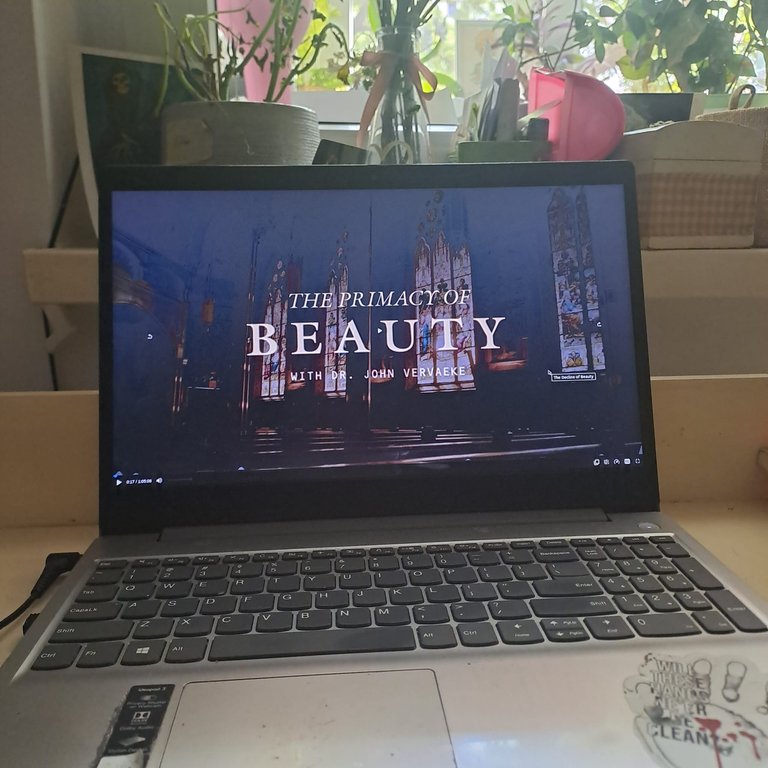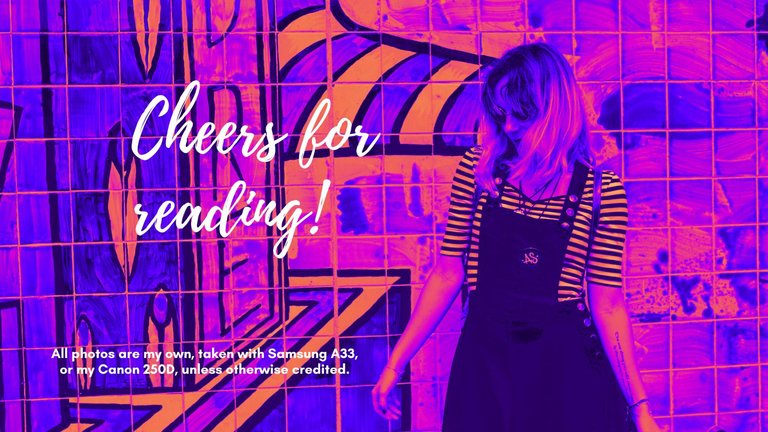The primacy of knowledge
Suppose it really is all about phrasing, huh?
About this time last year, I was telling you about Peterson Academy founded - as the name suggests- by psychologist and author Jordan Peterson as a response to the apalling loss of autonomy and mechanical indoctrination that has overtaken most venues of higher education, at least across our brave Western world.
While "mainstream universities" were busy delving into the complex mechanics of identifying as a cup, Peterson Academy aimed to offer actual educational content from some of the top minds in their respective fields. I must say, the thought of being taught by someone who stood out for their intelligence, rather than for their pronouns, appealed even to a traditional schooling neophyte like myself. As for the cost, some $400-500, it was a pittance, not only compared to "actual" universities (especially in the US), but also when you look at most online workshops, webinars and other such events, which can easily run you up $30, $50, even $100 per attendance. Five hundred bucks a year is nothing by comparison, especially considering the plethora of information it gives you access to.
As some of you remember, I enrolled and shared my experience here quite a few times. But now, my enrollment is coming to a close, and I was considering whether I ought to renew it or not. I'm a bit tight on money at the moment, so figured maybe I'd freeze this (if such a thing is possible) and resume later.
But then, I checked the subscription page, and saw there was no button to renew enrollment. Enrollment is and always was ongoing. Now, if you want to cancel, that's a different matter.
It shouldn't have made much difference. It is, after all, how most of these online thingies work. But for me, the different phrasing changed everything. It was no longer choosing to say yes, but rather to actively say no, and I realized, staring at the screen, I don't want to say 'no' to this.

Insight I wouldn't have dreamed of
Reflecting on the year I've had at PA, some names immediately came to mind. If I hadn't been here, I wouldn't have been introduced to wonderful, brilliant people like Andrew Doyle, Keith Campbell, Baland Jalal, Max Lugavere, and of course, my favorite, John Vervaeke.
Now, for me, a couple of these courses, particularly Mr Doyle's and Dr. Vervaeke's (which I've seen multiple times and still feel I understand only a small, minuscule fraction), were mind-blowing experiences. I find expressions and concepts sneak into my daily vocabulary that wouldn't have been there a year ago, and know I have Dr. Vervaeke and other brilliant people like him to thank for that.
The word "insight", for instance, I look at through a completely different lens. And many, many others.
Access to such a wealth of knowledge
Another aspect I've really been enjoying about PA is the wide range of information it offers. There's courses on mathematics, neuroscience, philosophy, psychology, writing, theatre, politics, history, neuroscience, biology, theology - anything you can imagine, there is. Although I do personally long for a better, broader Liberal Arts department. But all in good time.
It's education as it should be done, in my opinion. Rather than narrowing perception, opening the mind to a vast range of different avenues of thought. There's some courses I took and didn't particularly care for. They were damn fine courses, don't get me wrong, but I didn't resonate with them enough to be eternally grateful for having found them.
But they have still enriched my thinking tremendously. I know so much more than I did 12 months ago, am familiar with different concepts and ideas that in turn inspired other concepts and ideas, and so on, and so on. That's good educating, to me.
Third Party Eye-Opening
Like most uni courses, these also come with recommended reading, much of which I admit I've skipped due to the sheer amount of info on my plate. But PA did serve to open my eyes to a bunch of different authors and experts that I had no knowledge of. Before PA, I had only a brief idea of people like Harold Bloom, to my shame. I'd never read A.C. Bradley.
What this school did was not only let me learn from smart people, but in turn also point me towards other smart people, to keep growing. Pretty fantastic stuff.
Like-minded? Not really, but this is fun.
I wouldn't say students here are all the same stereotype (that dismissive media articles anticipated when PA was first announced). There is so much difference, people from all corners of the world with different values and coming from different points in life - there's a lot of people pushing or even in retirement. There's teenagers as well. Religious and not. Conservative and not. There's a lot of actual diversity, as opposed to orchestrated diversity, and to be honest, I've come across a bunch of fascinating, clever conversations in the student groups across the last year.
I'll get a notification someone replied something to a comment I made months ago, and they replied smart. They came up with a different theory, they thought about it, they attempted to communicate openly and to the best of their ability. That's not nothing.
So when I look back on all that, yeah. It's pretty clear that the smart thing to do right now is to find the money somehow. Because I could end the enrollment and say that's enough now. But I don't think it will be, and furthermore, I don't want it to be. I guess it's back to the planning board to figure out how I can swing this, because it's damn worth swinging.

Now why can't HIVE be the same thing? We have some very clever people here, and many willing to exchange ideas, essays, profound-concepts and notions in text, pictures, and however they choose to express themselves.
Does this university have assessments and certification or is it more along the lines of an online repository of videos and the like, - or more like skillshare / udemy / etc model?
The best education you can have, in my opinion is basic research methodologies, and the ability to read and think critically. That was the best thing I took away from my conventional university degree.
Having said that, it was in Visual Art (and my thesis was about how Death is Represented in art - I really must turn the chapters into video essays... someday - its on my list) - the thing I learned MOST was how to read.
I typically tell people that I don't know how read, but what I am trying to say to them when I say that is I cannot read the author's true intent, only hallucinate it in my mind.
Sorry, rambling again :)